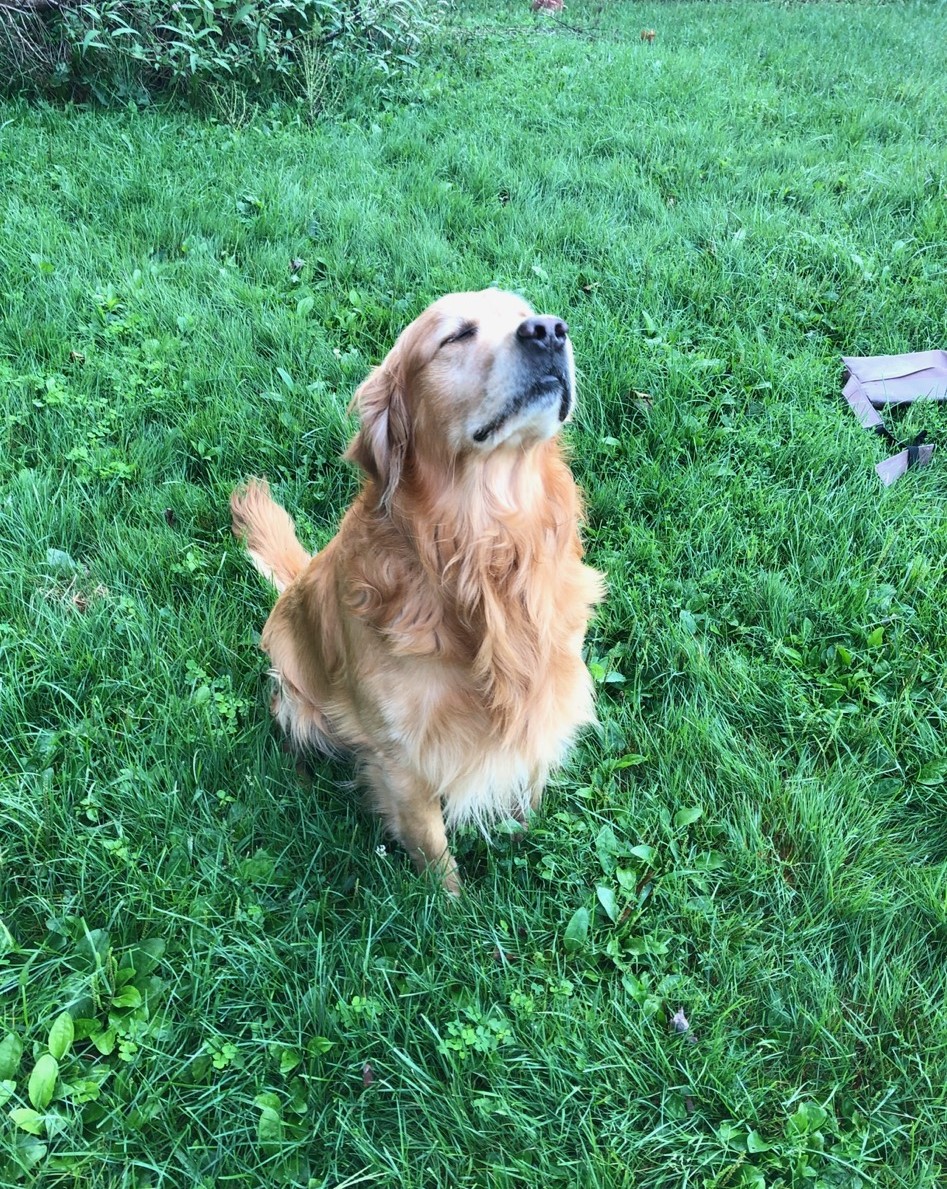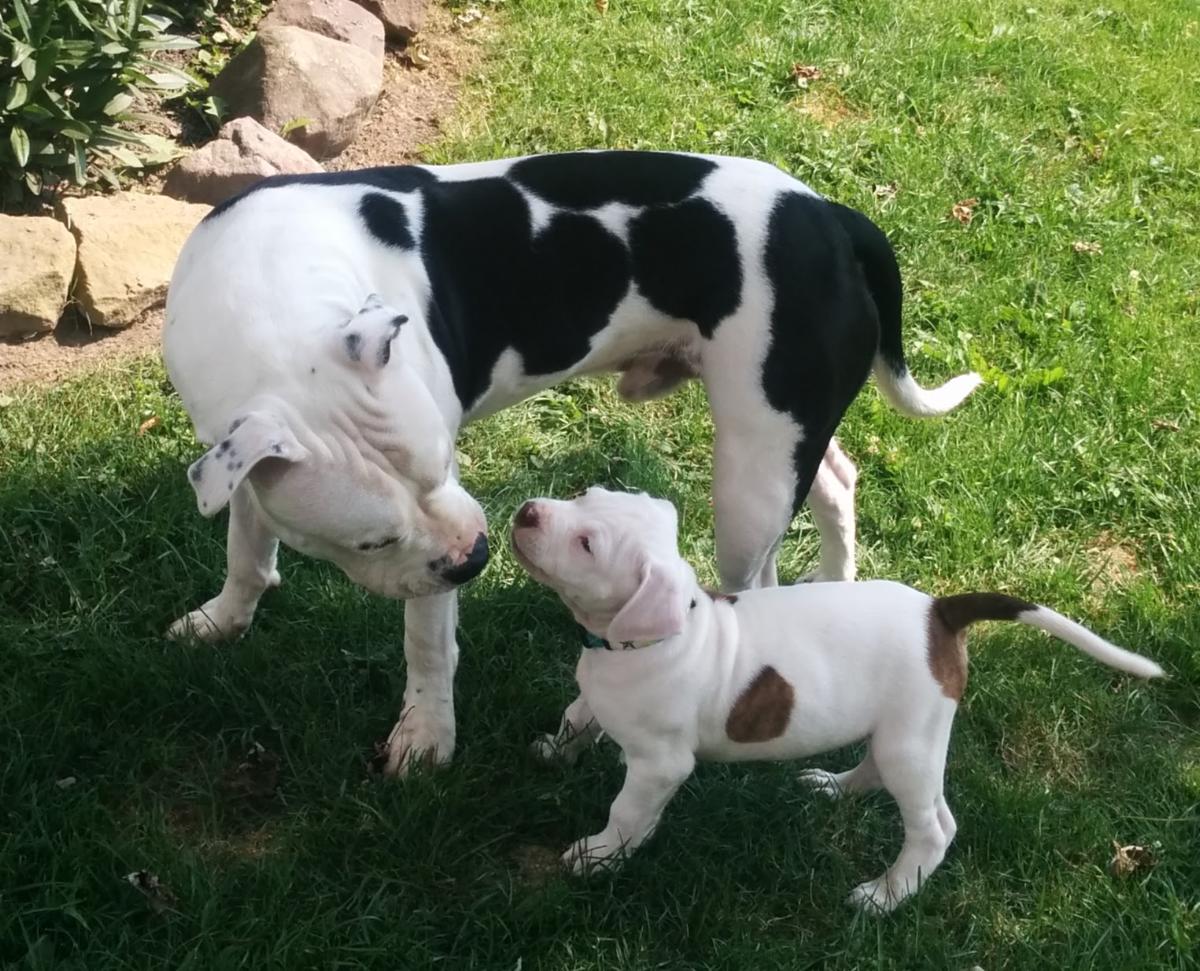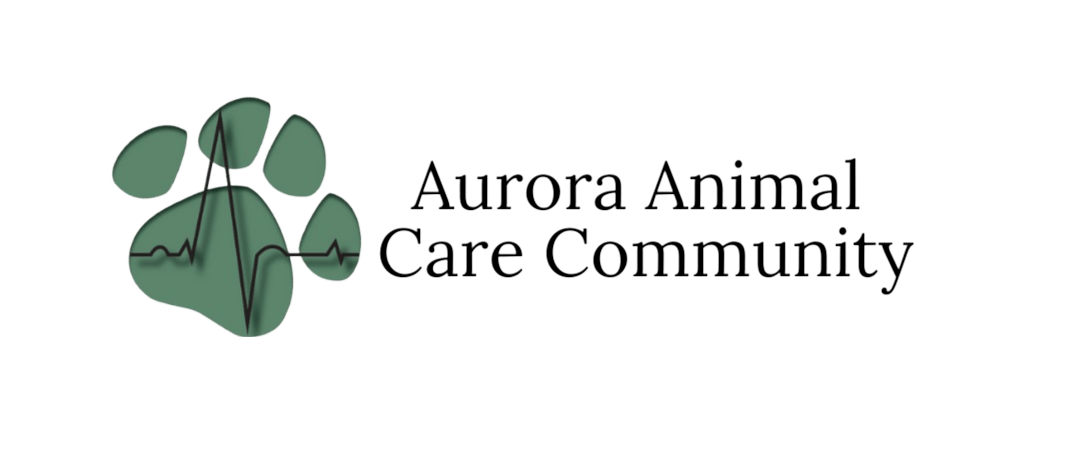Our current recommendation for cats is to spay and neuter by 6 months of age. For dogs, we recommend spaying your dog by 6 months of age and neutering by 6 months if under 45 pounds and at 12 months for dogs 45 pounds and over.

Spaying and neutering your dog or cat is an important health decision for their well-being. When you hear the words spay or neuter, you may think of one of the most common surgeries every dog and cat will have performed. Even though it is a common procedure, there is more to it than you may realize. The term “spay” is used to describe the sterilization of a female dog or cat. This entails the removal of their reproductive organs called the ovaries and uterus. The term “neuter” used to describe the sterilization of a male dog or cat. This is the removal of the testicles. In some other countries, the term neuter is used to describe the sterilization of either a male or female animal.
Spaying and neutering your pet provides numerous health benefits including reducing the risk of breast cancer, unplanned pregnancy and uterine infections in females and for males reducing the risk of prostate cancer as well as minimizing unwanted aggression/marking behaviors that can be the result of staying intact.
At Aurora Animal Care Community we are proud of the preanesthetic protocol we employ. Before performing any surgery your pet must be established as a patient at one of our three locations. A doctor must perform a full examination as well as assess any medical concerns you may have. In addition to an exam, preanesthetic blood work is performed prior to any procedure to make sure your pet is a healthy candidate to undergo anesthesia and surgery. Even if your pet is young, blood work must be completed.
The night before surgery, we ask that you pick up your dog or cat’s food by midnight. If you have other pets in the household, please make sure the pet undergoing surgery does not have access to their food as well. Water can remain available to your pet at all times. We ask that you refrain from letting your pet eat to prevent nausea that can be associated with anesthesia.
The day of your scheduled procedure, the attending surgeon will assess your pet to make sure there are no physical concerns prior to sedation. Your pet will have an IV catheter placed so medication as well as fluids can be administered during the procedure. A Registered Veterinary Technician will be monitoring your pet’s vitals for the duration of the surgery and into recovery as well. We make sure your pet stays warm during the procedure using a special heating pad as well as socks to cover their paws if needed. For female pets, the spay procedure is a major abdominal surgery. For a male pet, the neuter procedure is not as invasive because the testicles are outside the body wall.

Your pet will go home the same day as their procedure. We send home medications to help your pet be comfortable and calm after their surgery. They need to stay quiet for two weeks after having their surgery, which can be hard to do, but is very important for the healing process. If you feel like the medications to keep your pet calm are not working, let us know! We can speak with an attending doctor and see if we are able to increase your pet’s dose as some of them just need more to have the desired effect.
The health of your pet is our top priority. We take all precautions to make sure your pet is an appropriate candidate for anesthesia and surgery. When comparing our prices to low-cost spay and neuter clinics, please keep this in mind.
If you have any questions or would like to schedule an appointment, give us a call. We are happy to help!
Please check out the AVMA's current spay and neuter guidelines.
